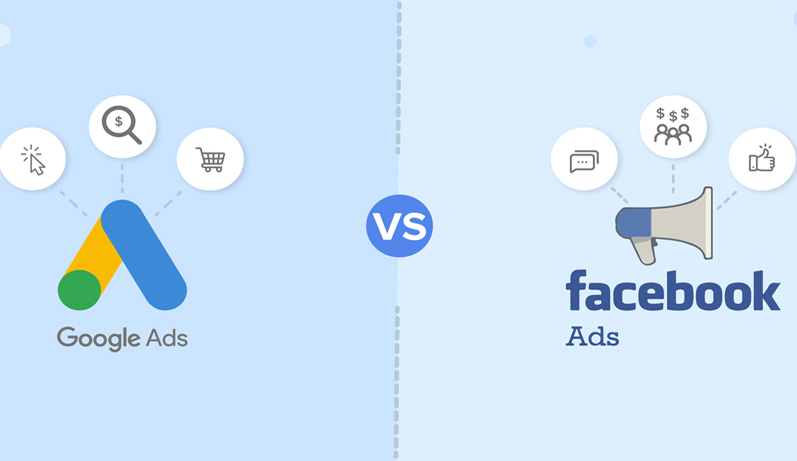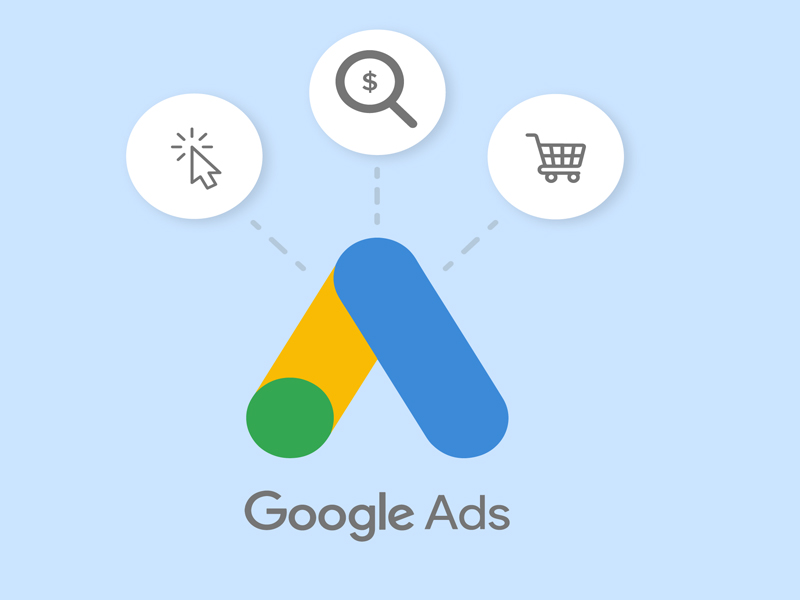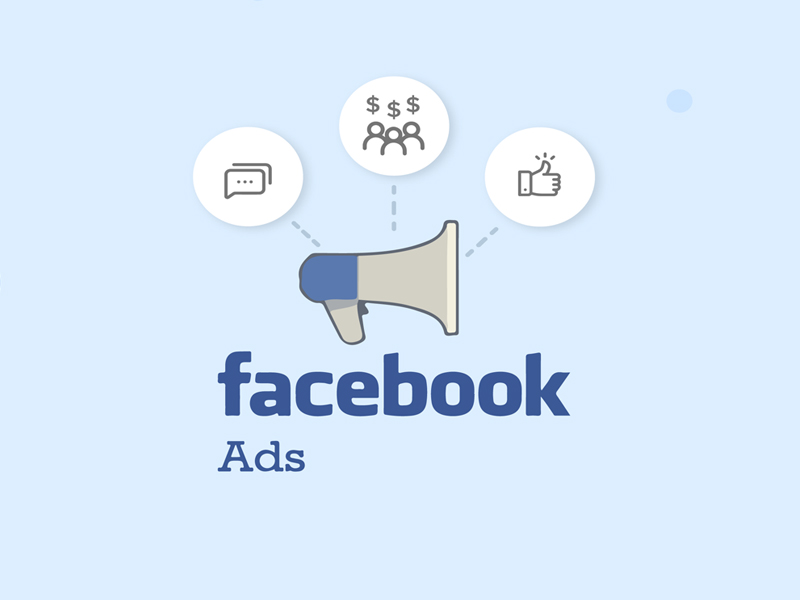Facebook Ads vs Google Ads: How to choose between the two?
Perhaps, two of the most popular platforms for people seeking to advertise their products and services are Facebook ads and Google ads. This is the age of pull-marketing strategy rather than push marketing. With the ever-increasing social media usage and online time spent across different demographics, the time is ripe for brands to market themselves in the right way to the right audience. Let’s dig deep to get a clarity on choosing between the two options
Similarities between Google Ads and Facebook Ads
• Reach: Both Google and Facebook have dominant reach in their respective fields. As a search engine, google enjoys supremacy while Facebook has three billion monthly active users.
• Targeting: Both of these platforms offer demographic targeting i.e., you can filter out your audience based on their age, gender, area of residence and economic status.
Differences between Google Ads and Facebook Ads
• Ad format: Google enjoys most popular as searches in the text-only format. The display ads offer great flexibility but less creativity. Facebook ads, however, are equally visually and text driven. So, as a user, you can select between the formats provided by Facebook ads and Google ads accordingly.
• Targeting options: Google relies on keywords to find the relevant audience, Facebook uses user data to find the appropriate set of audience.
How do Google Ads work?
The process of displaying ads on Google involves an ad auction and bidding system. Advertisers start by selecting keywords relevant to their business. When users search for these keywords, the corresponding ads may appear in the search results. Advertisers then set a maximum bid amount they are willing to pay for each click on their ad (cost-per-click, CPC), for 1,000 impressions (cost-per-thousand-impressions, CPM), or per action (cost-per-action, CPA). Google assigns a Quality Score to each ad based on its relevance, expected click-through rate (CTR), and the landing page experience. A higher Quality Score can lead to lower costs and better ad positions.
The rank determines the position of your ad on the search results page. Quality score and bidding amount contribute to this ranking to create an expected impact on the viewer. Most importantly, it is your headline and relevant description that leave a lasting impression. So do not skip out on creativity when it comes to copywriting.
How do Facebook Ads work?
Facebook Ads have a cohesive system of ad types, campaign structures, highly specific targeting offers, budgeting and bidding choices, various placement options, as well as the mechanism of akin creation and receiving. As a result, the company manages to design extremely specific, aimed, and working advertising that eventually attains the targeted audience. Indeed, the effectiveness of Facebook Ads is a result of constant optimization and meticulous performance analysis to gain the most of your investment.
How to choose between the two?
The final selection between Google ads and Facebook ads depends upon several factors like business goals, target audience presence, ad formatting, budget considerations, industry and product types, and analytical tools and insights that the platform makes available. For instance, if you are a business owner whose target audience is looking for large-scale special upholsteries like art leather, in this case business owners, then it is highly unlikely that they will be using facebook to locate a business that produces such a material. In which case, using Google ads would be the best option.
So make a smart choice the next time you want to run an ad. Keep the functioning of both the platforms in mind while creating an ad and run it accordingly.



